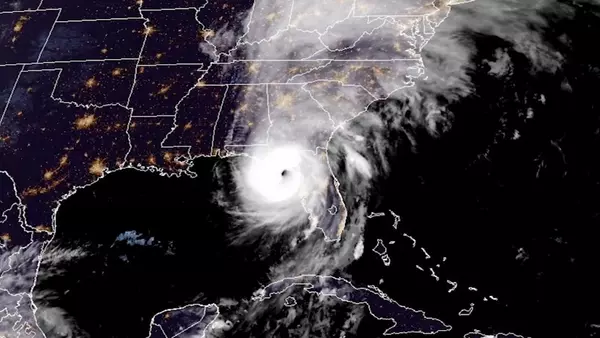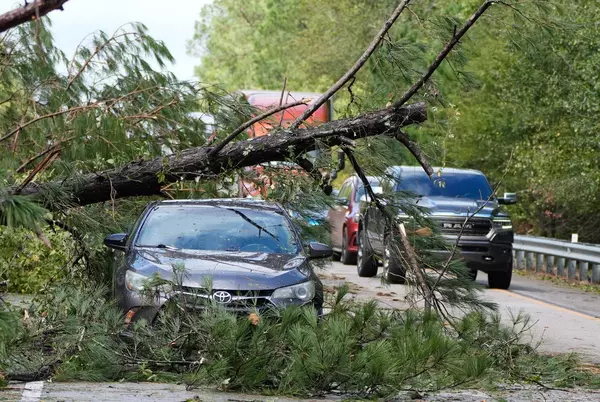Twelve people have died from suspected drug overdoses in Stirling so far this year - just one fewer than in the whole of 2021.
As of August 3, police say the year-to-date statistics have already almost reached the 13 cases registered in Stirling in the 12 months of last year.
And across Forth Valley drug-related deaths in 2021 reached 59, while this year so far there have been a total of 32.
Stirling Area Commander, Chief Inspector Caroline Logan, told last Thursday’s Stirling Council public safety meeting that the figures were a slight increase in comparison to the numbers reported for the same period last year and that the numbers can fluctuate depending on the outcome of toxicology results.
However, she added: “National Records of Scotland recently published figures for drug-related deaths. This is the first year there hasn’t been an increase nationally since 2013 but it is still second highest year on record in number of deaths.”
CI Logan said the police worked closely on with a number of partners in a bid to help those most vulnerable and that it was hoped to expand upon community events.
In a report to the committee, police said: “A number of wellbeing events have been delivered in the Plean and Fallin areas led by PC Martin from the Stirling Community Policing team under the banner of Supporting Stirling.
Click here for more news and sport from the Stirling area.
“These multi-agency open nights are designed to provide advice and support to anyone affected either directly or indirectly by drug and/or alcohol misuse or mental health issues. The events are supported by a range of partners including Transform Forth Valley, Change Grow Live, Stirling Voluntary Enterprise, Recovery Scotland, Fallin Family Hub, Polmaise Community Council, Fallin Community Voice, Wellbeing Scotland and NHS Forth Valley.
“The first event was extremely well received with 26 members of the public trained in the use of Naloxone and three referrals made to support services. We are hoping to hold further events throughout the Stirling area on a regular basis.”
CI Logan said all the agencies involved were “acutely aware of treating this as a public health crisis” and that sometimes those involved in drugs were in that situation for a number of reasons and could be vulnerable and that police would try to help them “get out of that cycle wherever we can”.
A Naloxone pilot scheme - which saw some officers trained in administering the drug to help reverse certain types of drugs overdose - had now been extended following a successful evaluation. More people now had access to Naloxone in local communities and people could be trained in how to use it.
Forth Valley area commander, Chief Superintendent Alan Gibson, said a “massive amount of work” went in across the country in terms of drugs deaths, including specific work in Stirling.
He outlined how police have the ability to refer people who come into custody to support services and that some information was shared with a range of harm prevention services.
“It is difficult sometimes to get people in crisis to get the help they need,” said CS Gibson, “but we try to make it as easy as possible.
“The relationship between drug deaths, mental health and suicide is extremely difficult. Every death through suicide is a tragedy and affects individuals and their families. We want to do more.
“We regularly meet with a range of partners. One is the adverse drugs death group to scrutinise where potentially we could have intervened. Those are people that have passed away unfortunately but also we have a preventative group looking at people who have had a near miss.
“We look at what more can be done in terms of intervention for that individual and how they can be brought into a harm prevention strategy.”
Councillor Gerry McGarvey acknowledged the difficult balance the police had between “pastoral work recognising the need for prevention” and dealing with criminality.







